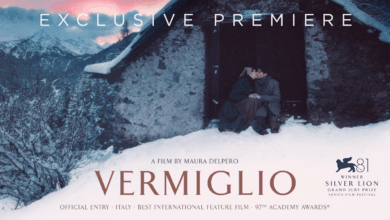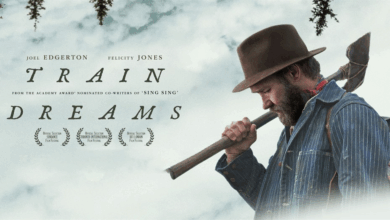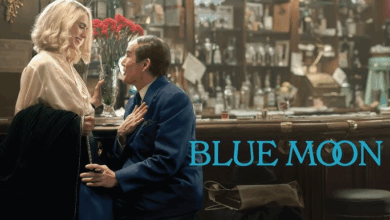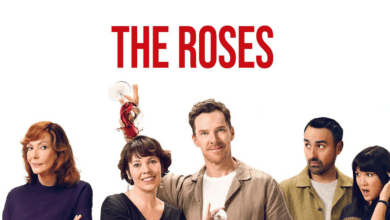Life as a Zucchini: A Simple yet Profound Animation about Loneliness, Hope, and the Essence of Being Human
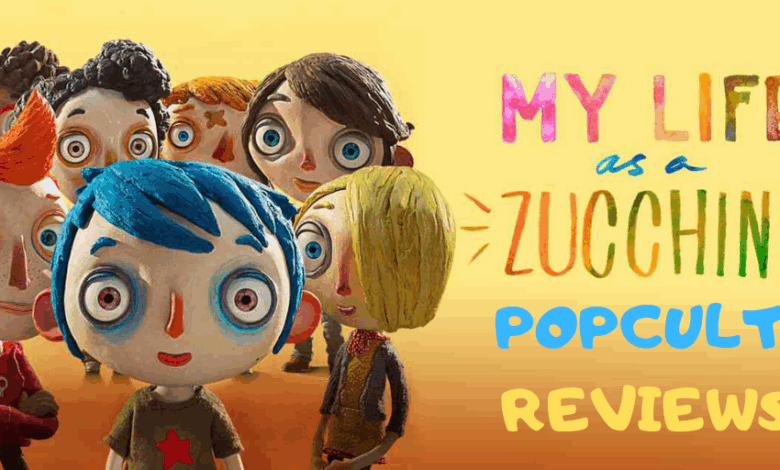
Children Who Painted Their Pain with Crayons: The Bittersweet Tenderness of Life as a Zucchini
Life as a Zucchini is the kind of film that looks like it was drawn with colored pencils, yet every line hides a small wound of truth. From its very first moments, it introduces us to a lonely boy named Icare, whom his mother affectionately calls “Zucchini.” A sudden accident leaves him without parents, and he is sent to an orphanage; a place filled with children whose stories are just as heavy as his own. At first glance, it seems like a cute, colorful film made for kids, but beneath those soft hues lies a quiet sadness that keeps breathing through every frame.
Directed by Swiss filmmaker Claude Barras and based on the novel by Gilles Paris, this stop-motion animation feels deliberately handmade. The characters look like something children themselves might have sculpted; big eyes, fragile bodies, movements that are hesitant and shy. This childlike simplicity is intentional; it softens the harshness of the story. The film wants us to see the world from a child’s perspective, where every feeling is magnified and nothing can be hidden behind irony or cynicism.
Zucchini, at first, wanders through the orphanage like a castaway on a strange planet. But soon he begins to find friendship and connection among other children, each carrying a history of loss or neglect. One was abandoned, another survived domestic violence, another grew up with an addicted parent. Yet together they form something close to a family. What could have been a film about misery becomes a story about survival, tenderness, and the fragile art of trusting again.
Visually, Life as a Zucchini balances brightness and darkness with remarkable grace. Its rooms glow with warm blues and reds, yet shadows always linger nearby. This mixture of light and dark mirrors the film’s emotional truth; grief and hope coexisting in the same frame. The music follows the same pattern: soft piano lines, brief and hesitant, as if the notes themselves were afraid of breaking the silence.
What makes the film powerful is that it neither escapes reality nor romanticizes it. There are moments that are difficult to watch if you stop seeing them through a child’s eyes: conversations about addiction, violence, abandonment. But Barras directs these scenes with empathy and restraint. The camera stays close, intimate, and never exploits its characters’ pain. The result is something paradoxical; a film that breaks your heart gently.
Psychologically, Life as a Zucchini is an exercise in empathy. As we watch, we start to understand that these children are not just victims. They laugh, they play, they fall in love. Zucchini’s quiet affection for a girl named Camille becomes the film’s beating heart; a love so innocent that it feels more like mutual recognition than romance. In their small gestures, we see what healing really looks like: not a miracle, but a moment of being understood.
There’s a line in the film that sums up its entire philosophy. One of the kids says, “We must’ve done something wrong to end up here.” And the caretaker answers softly, “No, it wasn’t your fault.” That simple reply is perhaps the most profound truth in the whole story. Barras reminds us that most of the pain in a child’s life comes from adult mistakes; from a world that forgets its responsibility to protect innocence.
The film received international acclaim, earning nominations at Cannes and the Academy Awards. But its true success lies not in trophies, but in how honestly it feels. While many modern animations rely on speed and spectacle, Life as a Zucchini trusts emotion instead. It’s quiet, handmade, and utterly sincere; like a drawing pinned to a classroom wall that somehow says more about life than any grand speech could.
Watching it feels like reconnecting with the child inside us, the one we buried under years of noise and armor. That child is still there, whispering: “I’m scared, but I still have hope.” And that’s exactly what this film is; a soft voice reminding us that fear and hope can live together, that innocence doesn’t disappear, it only hides.
By the time the film ends and the children smile as they leave the orphanage, we are left unsure whether to feel happy or sad. Life is like that; sweet and bitter, bright and dark, full of pain but still alive. Life as a Zucchini captures that paradox perfectly. It feels almost as if real children made it, because only they could speak of pain and hope with such simplicity; and such honesty.
